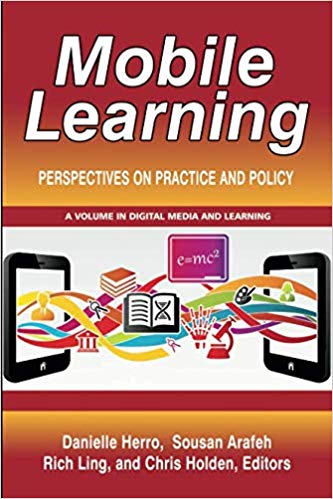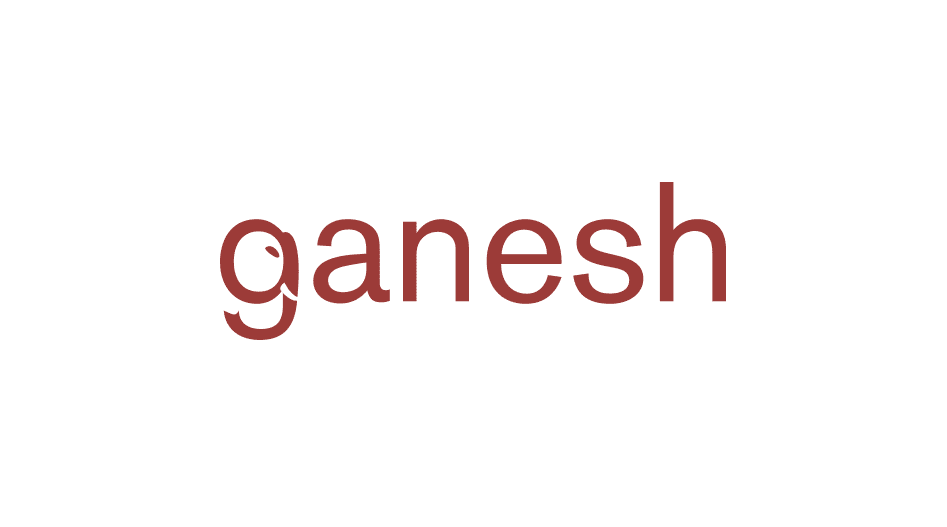Rohit Mehta (shy artist, polite scientist & stealthy educator) and I just published a review of the book Mobile Learning: Perspectives on Practice and Policy edited by Danielle Herro, Sousan Arafeh, Richard Ling, and Chris Holden. You can read the review, published in TCRecord, here. As we write, in this book the editors “have garnered perspectives from a range of academics and practicing educators, addressing issues of access, professional development, digital citizenship, corporate involvement in education, and mobility.”

We end the review by pointing to some issues that the book does not cover. While this may appear unfair to the authors and editors (Why didn’t you write the book WE wanted you to write, rather than the one you did?) Rohit and I believe that the chapters in the book, though scholarly and thoughtful, miss the bigger picture when it comes to the role of mobile devices specifically in learning and, more importantly, in our lives. We see this gap as being symptomatic not just of research on mobile learning but rather of the broader field of educational technology—namely a narrow focus on learning within specific classroom or school situations, while ignoring the broader social and technological contexts within which these technologies function. You will need to read the complete review to get the point, but here is how we end the review:
The educational technology research field has often been overly focused on evaluating “learning outcomes” (however they may be defined) in specific, often narrowly defined contexts, often driven by a somewhat rose-tinted, optimistic worldview of the positive impact of technology. We as scholars, researchers, and educators need to go beyond providing mere rhetorical caution but rather be at the center of the debate, whether the discussion be specifically on the role of mobile learning or broadly about educational technology. As Stephen Jay Gould wrote, while describing the complicated history of scientific representation, “We are most revealed in what we do not scrutinize.”
Note: Once again, you can find a link to the complete review (on the TCRecord site) here and PDF here. I spoke of some of these issues in a keynote I gave recently in Sydney, which in turn became a shorter video (and hence the one to watch) titled Technology & Education: A Provocation.





0 Comments